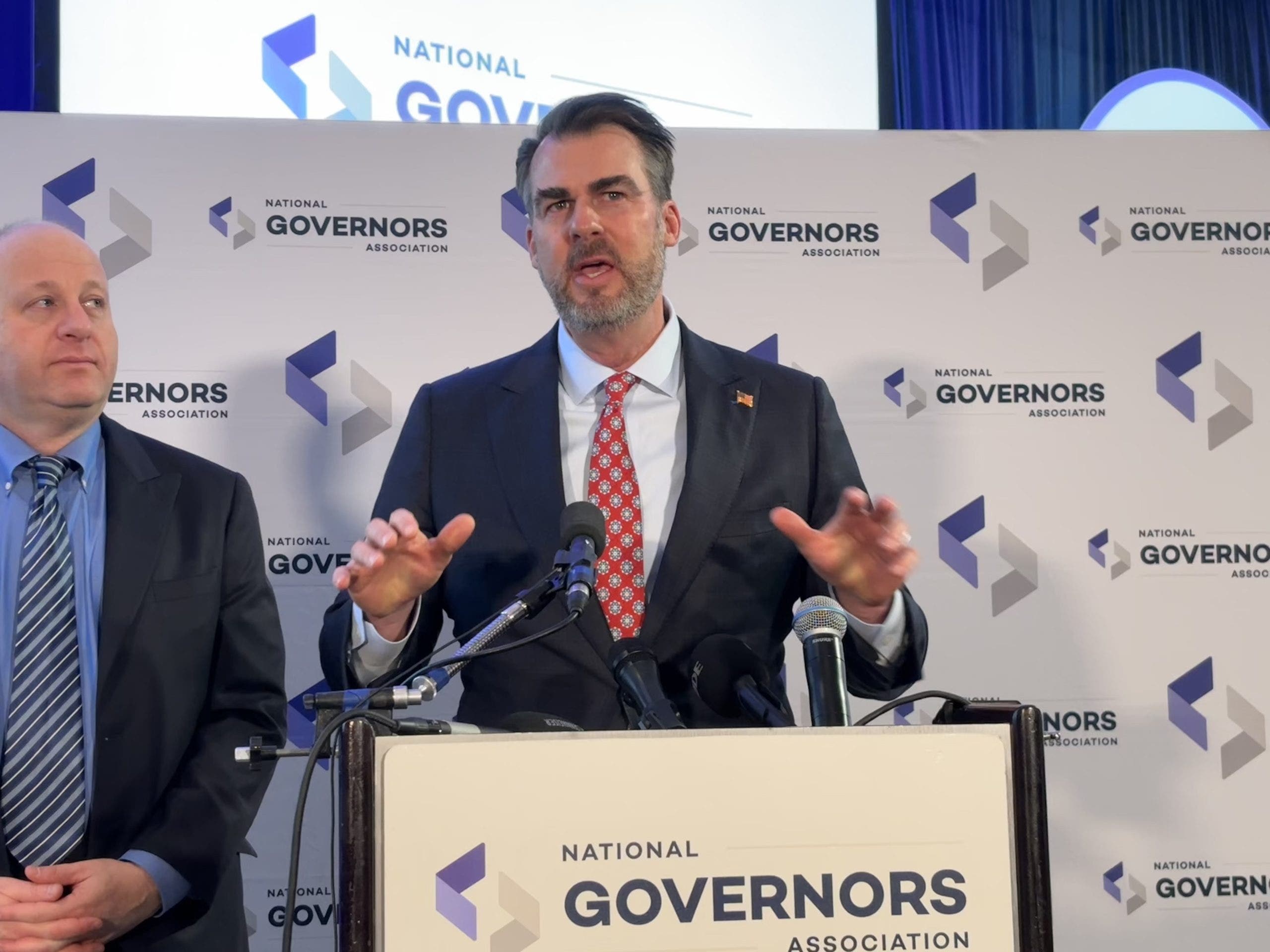President Biden acknowledged on Wednesday that American bombs have been used to kill Palestinian civilians as he warned that the United States would withhold certain weapons if Israel launches a long-threatened assault in southern Gaza.
In some of his strongest language to date on the seven-month war, Mr. Biden said the United States would still ensure Israel’s security, including the Iron Dome missile defense system and Israel’s “ability to respond to attacks” like the one Iran launched in April.
But he said he would block the delivery of weapons that could be fired into densely populated areas of Rafah, where more than a million Palestinians are sheltering.
The president had already halted the shipment of 3,500 bombs last week out of concern that they might be used in a major assault on Rafah — the first time since Hamas attacked Israel on Oct. 7 that Mr. Biden has leveraged U.S. arms to try to influence how the war is waged.
On Wednesday, he said that he would also block the delivery of artillery shells.
“If they go into Rafah, I’m not supplying the weapons that have been used historically to deal with Rafah, to deal with the cities, that deal with that problem,” Mr. Biden said in an interview with CNN’s Erin Burnett.
He added: “But it’s just wrong. We’re not going to — we’re not going to supply the weapons and artillery shells used, that have been used.”
Asked whether 2,000-pound American bombs had been used to kill civilians in Gaza, Mr. Biden said: “Civilians have been killed in Gaza as a consequence of those bombs and other ways in which they go after population centers.”
Mr. Biden’s remarks underscore the growing rift between the United States and its closest Middle East ally over the war in Gaza, which has killed more than 34,000 people and caused a humanitarian crisis. The United States is by far the biggest supplier of weapons to Israel, and the Biden administration plans to deliver a report to Congress this week assessing whether it believes Israel’s assurances that it has used American weapons in accordance with U.S. and international law.
Mr. Biden had resisted earlier calls to condition aid to Israel. He remains unwavering in his support of Israel’s right to defend itself, even as he speaks out forcefully against the invasion of Rafah and grows frustrated with what he once described as Israel’s “indiscriminate bombing.”
But Prime Minister Benjamin Netanyahu of Israel has rebuffed the U.S. warnings, saying that Israel would move forward with eradicating Hamas even if it has to do so alone.
This week, the Israeli war cabinet voted unanimously to move forward with a Rafah assault, and Israeli forces warned more than 100,000 civilians to evacuate as it started what it called “targeted strikes” against Hamas.
U.S. officials said this week that Israel had said its operation thus far in Rafah was “limited” and “designed to cut off Hamas’s ability to smuggle weapons into Gaza,” but continued to express their concern with an escalation.
Mr. Biden said he did not consider Israel’s operations in Rafah to date to qualify as a full-scale invasion because they have not struck “population centers.”
But he said he considered them to be “right on the border,” adding that they were causing problems with key allies such as Egypt, which has been integral to cease-fire negotiations and opening border crossings for humanitarian aid.
Mr. Biden said he had made it clear to Mr. Netanyahu and his war cabinet that they would not get support if they moved forward with an offensive in densely populated areas.
“We’re not walking away from Israel’s security,” he said, “we’re walking away from Israel’s ability to wage war in those areas.”
Mr. Biden was also asked about Gaza protests on college campuses — specifically chants calling him “Genocide Joe” — that have erupted in recent weeks.
Asked if he hears the message of those young Americans, Mr. Biden said:
“Absolutely, I hear the message.”





